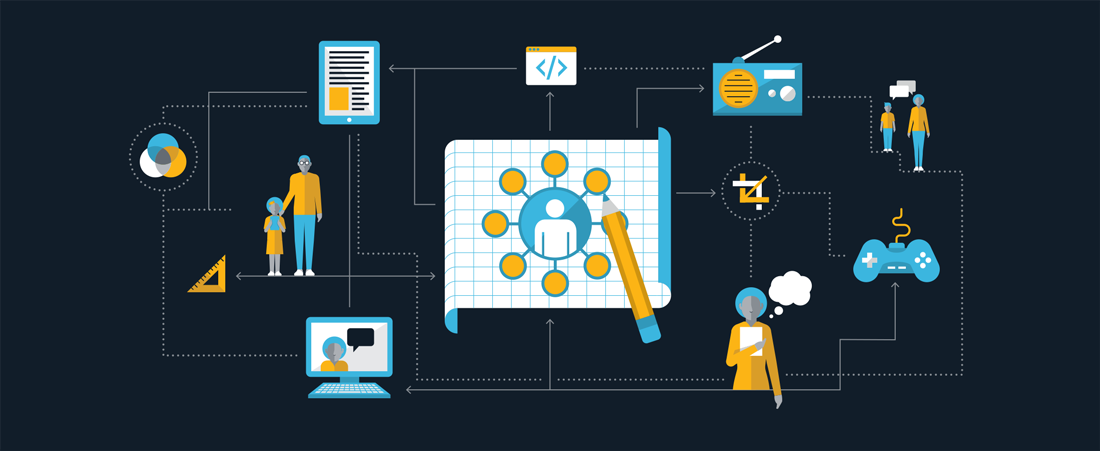
EDC’s collaborative process brings together scientists, researchers, educators, creative artists, media and technology specialists, and intended users—from young children to the elderly—to design, test, refine, and disseminate high-quality curricula, trainings, interventions, and other resources.
We create professional development and continuing education programs for busy practitioners, open-source online courses that reach hundreds of thousands of budding entrepreneurs around the world, and digital tools and applications that promote basic literacy and health.
Our work demonstrates that the best learning integrates knowledge and experience to empower individuals with critical skills and to achieve sustainable improvements in services and systems.
Learn about EDC’s work to strengthen early childhood interventions with Continuous Quality Improvement.
Resources
This paper presents EDC’s findings from the case studies of three National Science Foundation-funded STEM projects involving successful youth co-design team activities.
The Possible Worlds website offers free digital games and instructional resources to help middle school science teachers address students’ persistent misconceptions.
This collection of essays shares insights and strategies from EDC’s work to support teachers’ professional learning, as well as links to an array of EDC’s resources for teachers.
This tip sheet explains the benefits of including participants and families in continuous quality improvement (CQI) processes and provides strategies for engaging them as partners.
This paper provides a resource for prospective DRK–12 grantees by identifying some of the theories that current and recent DRK–12 grantees are using in their research on broadening participation.
This report examines concerns about the technology readiness of adolescent learners for college and career, and it identifies effective ways to use technology to personalize a student’s learning ex
The award-winning Success at the Core professional development toolkit helps to develop effective school leadership and teaching that prepares all students for success.
This website features assessments to diagnose whether students have specific misunderstandings or misconceptions about rational numbers, such as fractions and decimals.
These three, free interactive puzzles—“Mobiles,” “Who Am I?,” and “Mystery Grid”—are popular with young people, families, and educators across the U.S. and around the world.
This infographic shows the results of an evaluation of the Akazi Kanoze 2 Project in Rwanda.
